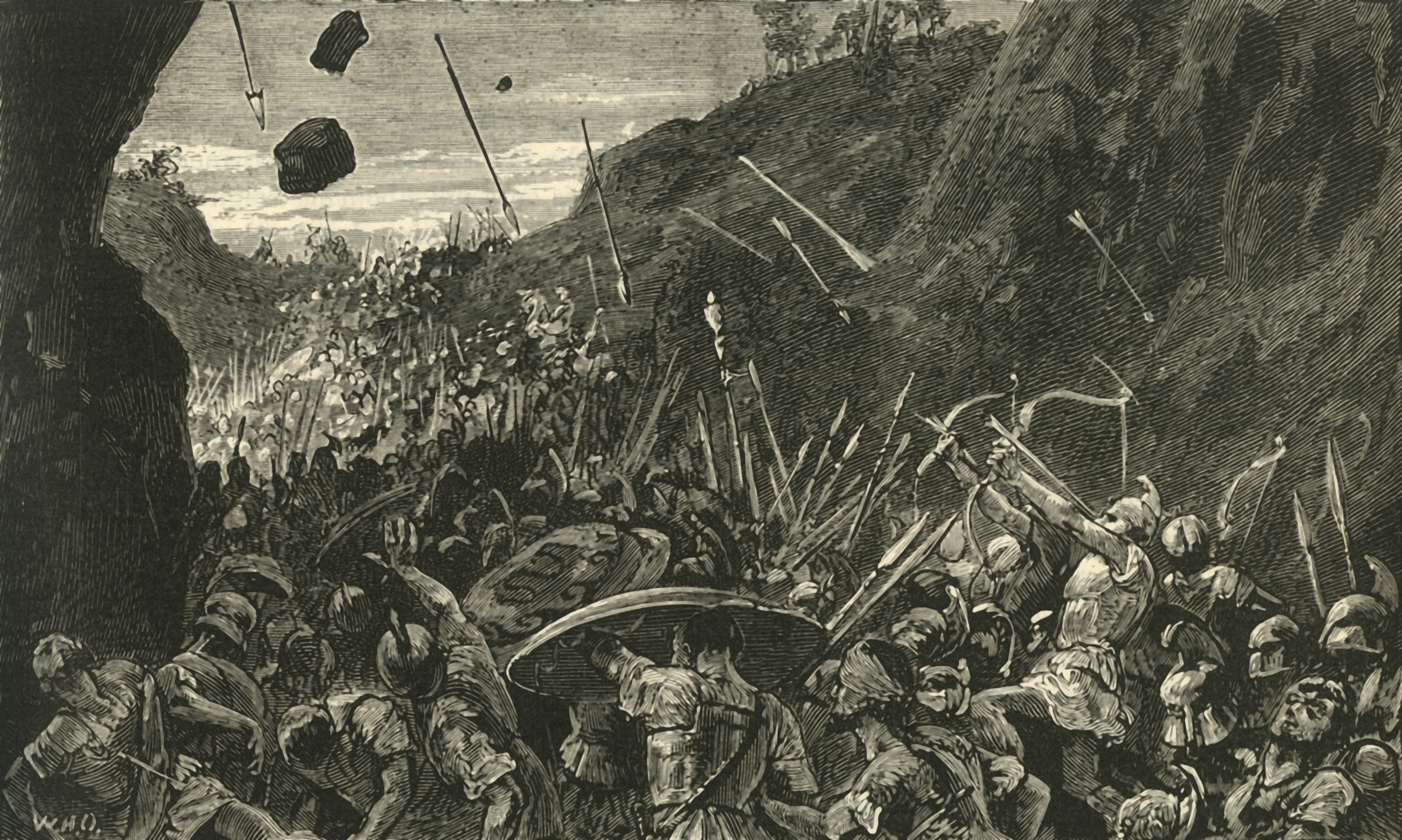In The Plague of War, Jennifer T. Roberts gives us an up-to-date and vivid narrative of the Peloponnesian War and its aftermath in ancient Greece. Where other retellings of this epic clash between conservative, soldierly Sparta and democratic, navally advanced Athens start and stop with the war itself, Plague of War takes a longer view: It begins 50 plus years earlier with the Persian Wars, and ends 35 years later with the crippling of Sparta after the battle of Leuctra. By placing the Peloponnesian War in this wider context, Roberts enables her readers to better judge the true causes and consequences of the titanic struggle for power that Athens and Sparta and their allies conducted across the fifth and fourth centuries.
And the conflict, which lasted 27 years, was indeed titanic. Thucydides, the contemporary Athenian historian whose work is the chief source for most of the war’s events, wrote that both sides entered the struggle at the peak of their strength and preparation, and that the war surpassed all others in the number of participants and its violence.
For Roberts, there was no winner: Where other narratives end in 404 BC with Athens’s surrender, thus seeming to award victory to the Spartans, she calls the few years of peace that followed only a “brief lull.” By narrating the events of the following Corinthian War (395–387), the era of the so-called King’s Peace, and Sparta’s humiliation by Thebes at Leuctra (371) and thereafter, Roberts makes a strong case that we should see the Peloponnesian War as producing only losers.
But Plague of War does more than just recount and interpret military conflict. It interweaves superb descriptions of cultural events that helped shaped the history of Greece at this time. In short, Roberts has produced not merely a successful military account of this era in Greece history, but a more broadly political and cultural one as well.
Eric W. Robinson is Professor of History at Indiana University. He is the author of The First Democracies (Franz Steiner, 1997), Ancient Greek Democracy (Wiley-Blackwell, 2003), and Democracy Beyond Athens (Cambridge, 2011).

